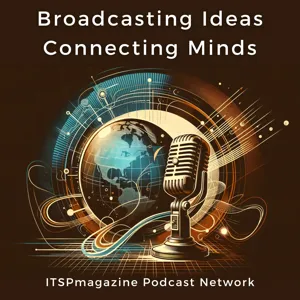Reducing Error with Human Factors Training in Healthcare

Sharon Todd's guests are Dr Jon Spiro and Anthony Lock, founders of the Nexus Human Factors Training in Healthcare in WA.
The views expressed by Dr Jon Spiro and Anthony Lock within this HFESA Podcast are their own and not those of any organisation they work for or with.
Dr Jon Spiro is a consultant cardiologist and Senior clinical lecturer at the University of Western Australia. Having trained in the UK, Jon took up his current fulltime public position as a consultant interventional cardiologist at Royal Perth Hospital in 2015. During his medical training Jon built up a special interest in leadership, teamwork and human performance within healthcare groups and non-healthcare organisations.
In 2016 Jon partnered with Anthony Lock to establish the NEXUS course. Using lessons learned from other high-reliability and high-performing industries Jon wanted to improve the awareness and availability of human factors (or non-technical skills) training to healthcare staff.
Jon continues to drive change and innovation at RPH, establishing WA’s first rapid access chest pain service and comprehensive coronary physiology program. Jon is a past director of the cardiac catheter labs, contributes to the hospital’s complex PCI program and co-leads the cath lab’s cardiogenic shock team.
Anthony Lock, DSM
With over 7000 flying hours on high-performance military aircraft and working with Special Forces Teams worldwide, Anthony has extensive experience in developing high-performing teams and leaders in high-stress environments.
In 2017, Anthony transferred his expertise to Healthcare and was appointed the Director of Patient Safety and Human Performance at Royal Perth and Bentley Hospitals and, more recently, the Executive Director of Clinical Performance and systems at St John Ambulance, WA. He has led widespread organisational change and the development of Australia’s first hospital-wide, industry-based Human Factors training course called NEXUS.
This educational podcast is brought to you by the Human Factors and Ergonomic Society of Australia. If you like this podcast please make us your favourite on your podcast app.
If you want to find out more about Human Factors and Ergonomics or if you have a question about this podcast please go to the HFESA website ergonomics.org.au and make your request via our contact page. We will be back with more episodes soon!










